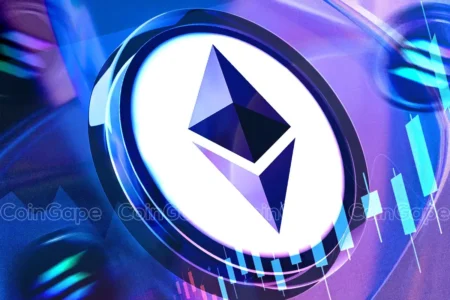Tim Beiko, a lead developer at the Ethereum Foundation, recently addressed the proposed plan to rollback the ETH network following the $1.4 billion Bybit hack. In a bid to explain the complexities of this issue to the non-technical community members, Beiko highlighted the historical trend behind chain rollbacks to provide context for why a rollback is impossible.
The concept of rolling back a blockchain is not new within the cryptocurrency space. Beiko referenced the Bitcoin network in 2010, where a bug in the client software resulted in the creation of 184 billion Bitcoins in a single block. This issue was quickly resolved by Satoshi Nakamoto through a software patch. Additionally, Beiko mentioned the hack of TheDAO, an Ethereum protocol, where bad actors managed to siphon a significant portion of ETH. The developers were able to roll back the chain at that time due to a fail-safe system in place.
Despite the success of the previous rollbacks within the cryptocurrency space, Beiko explained why it is impossible to reverse the transactions that occurred in the Ethereum Block during the recent hack. The complexity of the current ETH chain, as well as the real-world economic implications it supports, make rolling back transactions a challenging and disruptive process. The Lazarus Group behind the hack has already moved the funds, further complicating any potential rollback efforts.
The upcoming Pectra upgrade for the Ethereum network adds another layer of complexity to the situation. While Beiko did not delve into this aspect, there are concerns that the chain rollback plans may interfere with the launch of the upgrade in April. The Ethereum roadmap is progressing as planned, but the unresolved issue of the siphoned funds continues to generate industry backlash.
It is important to note that the opposition to a rollback of Ethereum has been seen before, notably in 2018 during a situation involving Parity’s multisig wallet. Despite the significant amount of Ethereum involved in that case, developers within the ecosystem did not reach a consensus on moving forward with the rollback. This highlights the challenges and division that can arise when considering such drastic measures within a decentralized network like Ethereum.

















